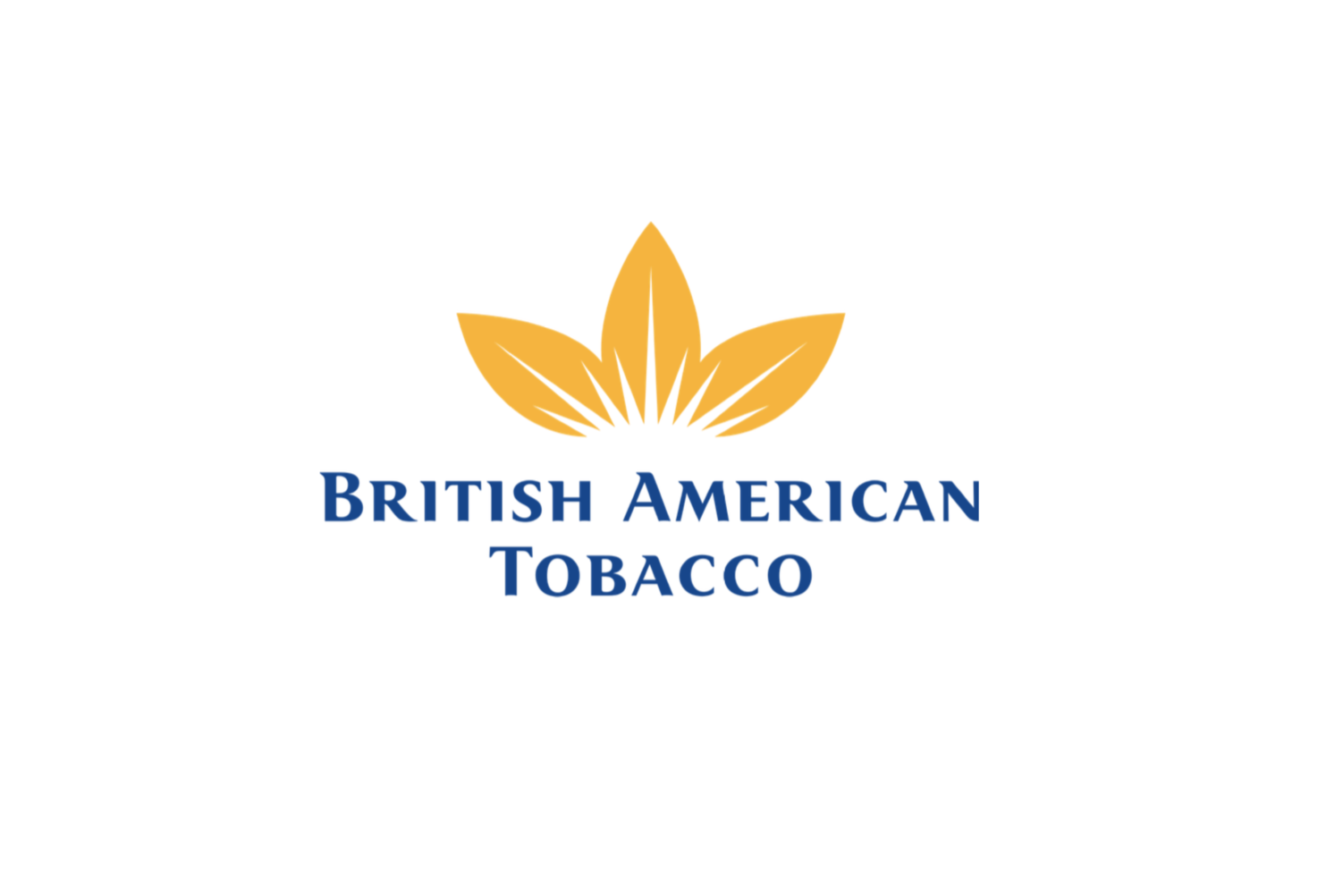
British American Tobacco's Long-term Dividend Safety Clouded by Unceasing Declines in Cigarette Sales
British American Tobacco, or BAT, is one of the world's largest tobacco companies with a broad international reach. The company primarily sells cigarettes (~90% of sales), with oral tobacco and so-called next-generation products accounting for the rest.
Through the years, BAT has generated consistent cash flow thanks to the addictive nature of its products, strong brand loyalty, and high barriers to entry from government-imposed advertising restrictions on cigarettes.
Despite the industry's advantageous history, the pool of smokers in lucrative developed markets has been declining for many years. In fact, only 14% of the U.S. population smokes cigarettes – down from 21% in 2005, according to the CDC.
This chart from the American Lung Association highlights the long and unwavering trend away from smoking. Companies like BAT that rely predominately on cigarette sales will eventually need to adapt as their pool of traditional customers shrinks.
.png)
Global population growth and cigarette price hikes have allowed BAT to offset moderate declines in smoker rates over time. But proposed regulations could accelerate the rate of smoking cessation in some markets.
Case in point, the Biden administration is actively considering a policy that would reduce nicotine levels in U.S. cigarettes (over 30% of BAT's sales) to minimally addictive levels. We covered this proposed action in more detail here.
And just last year, tobacco giant Philip Morris International warned that "with the right regulatory encouragement and support from civil society, we believe cigarette sales can end within 10 to 15 years in many countries."
That's a dire outlook on cigarettes from an industry leader and underscores the intensifying need for BAT and other tobacco companies to reinvent themselves.
Given the glaring need for BAT to transition away from its flagship cigarette business and the uncertainty this creates around its long-term earnings power, we are maintaining the firm's Borderline Safe Dividend Safety Score.
To combat the inevitable, BAT is attempting to transition from a cigarette company to one that primarily offers "reduced harm" tobacco products.
The company's mix of next-generation products (NGPs) is considered less harmful to users than conventional cigarettes while still providing the nicotine kick its users crave.
While these NGPs accounted for only 5% of BAT's 2020 sales, management believes they have the potential to reach or exceed 25% of revenue by 2025.
Although BAT is in the early stages of its transition, last year's volume growth rates were promising for vapor (+52%), modern oral (+62%), and heated tobacco (+19%) – following an equally strong 2019.
While the company has gained a strong market in vapor (No. 1 position in four of the top five vapor markets) and modern oral, it was a late entrant into heated tobacco.
As a result, BAT is far behind first-mover Philip Morris International, which in 2020 sold over 76 billion heated tobacco sticks (about 3% of worldwide cigarette and heated tobacco volumes, excluding the U.S. and China) compared to just 11 billion sticks for BAT.
As a result, BAT is far behind first-mover Philip Morris International, which in 2020 sold over 76 billion heated tobacco sticks (about 3% of worldwide cigarette and heated tobacco volumes, excluding the U.S. and China) compared to just 11 billion sticks for BAT.
Having a diversified portfolio of NGPs and operating in many different countries will help BAT hedge itself against the future of smoking. But if transitioning smokers migrate more to heated tobacco, the company may need to invest more aggressively to grow its market share.
At scale, management believes these NGPs will be at least as profitable as cigarettes, providing a path to preserve BAT's high margins as the world changes. And with the bulk of CapEx spending on NGPs behind BAT, management expects these products will start turning a profit soon as they keep scaling.
Financially, BAT can keep investing in NGPs and maintain its dividend so long as the core cigarette business continues to face a manageable pace of erosion.
Last year, the company retained £2.6 billion of free cash flow after paying £4.7 billion in dividends, representing a healthy payout ratio of roughly 65%.
This retained cash provides flexibility to continue deleveraging the balance sheet (BAT's debt spiked in 2017 after acquiring Reynolds for $49 billion) to help solidify its BBB+ investment-grade credit rating. It also allows for further investments into expanding the firm’s NGPs.
There is a lot at stake for BAT, especially since the transition to NGPs is only in the early innings. Still, if the firm continues improving its positioning in NGPs and further deleverages its balance sheet, we would consider upgrading BAT's Dividend Safety Score.
Even though the risk of a dividend cut in the next couple of years is minimal, the payout's long-term safety will depend on the pace of decline in cigarette volumes and BAT's ability to establish itself as a leader in the nicotine markets of the future.
U.S. investors should also note that BAT is headquartered in the U.K. While dividends paid by BTI shares are not subject to withholding taxes, their quarterly amounts can fluctuate based on prevailing exchange rates between the British pound sterling and the U.S. dollar.
We will continue monitoring BAT's evolution and provide updates as needed.
We will continue monitoring BAT's evolution and provide updates as needed.

